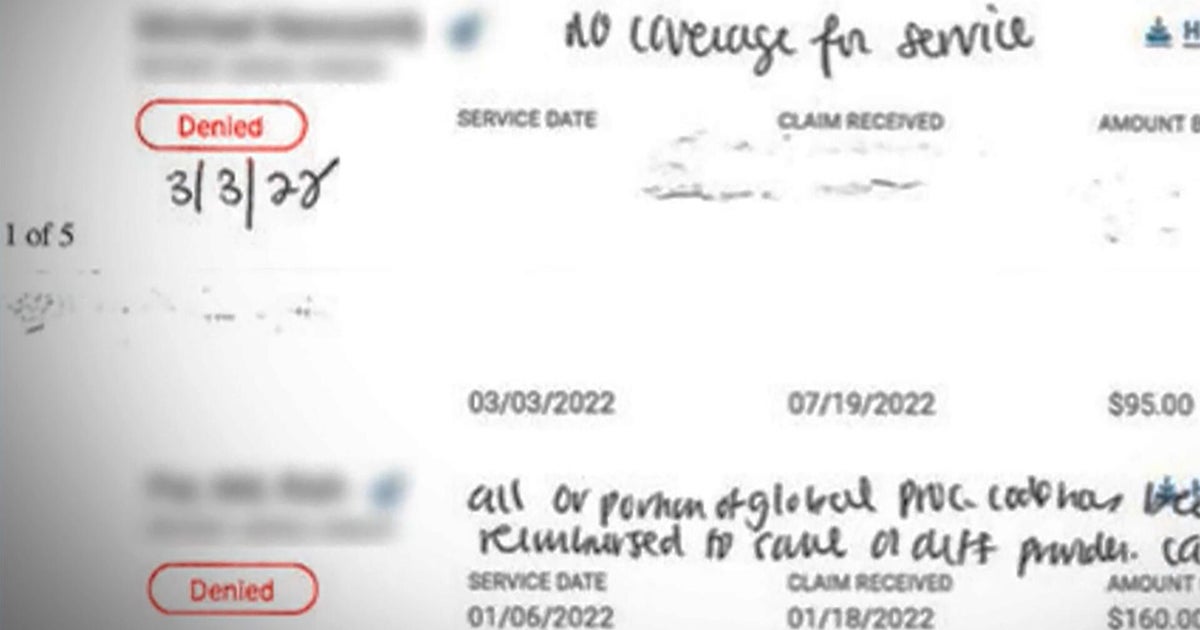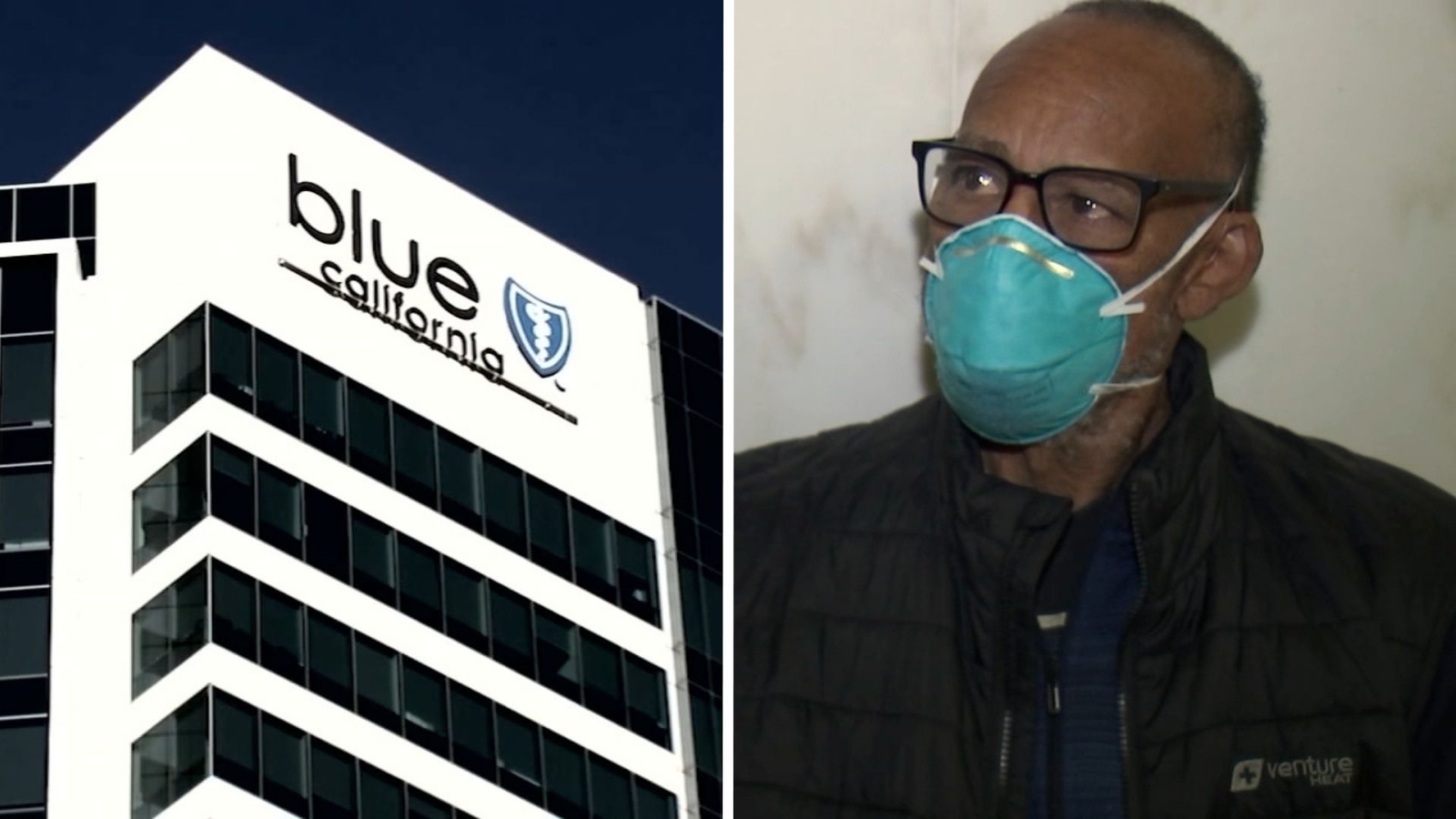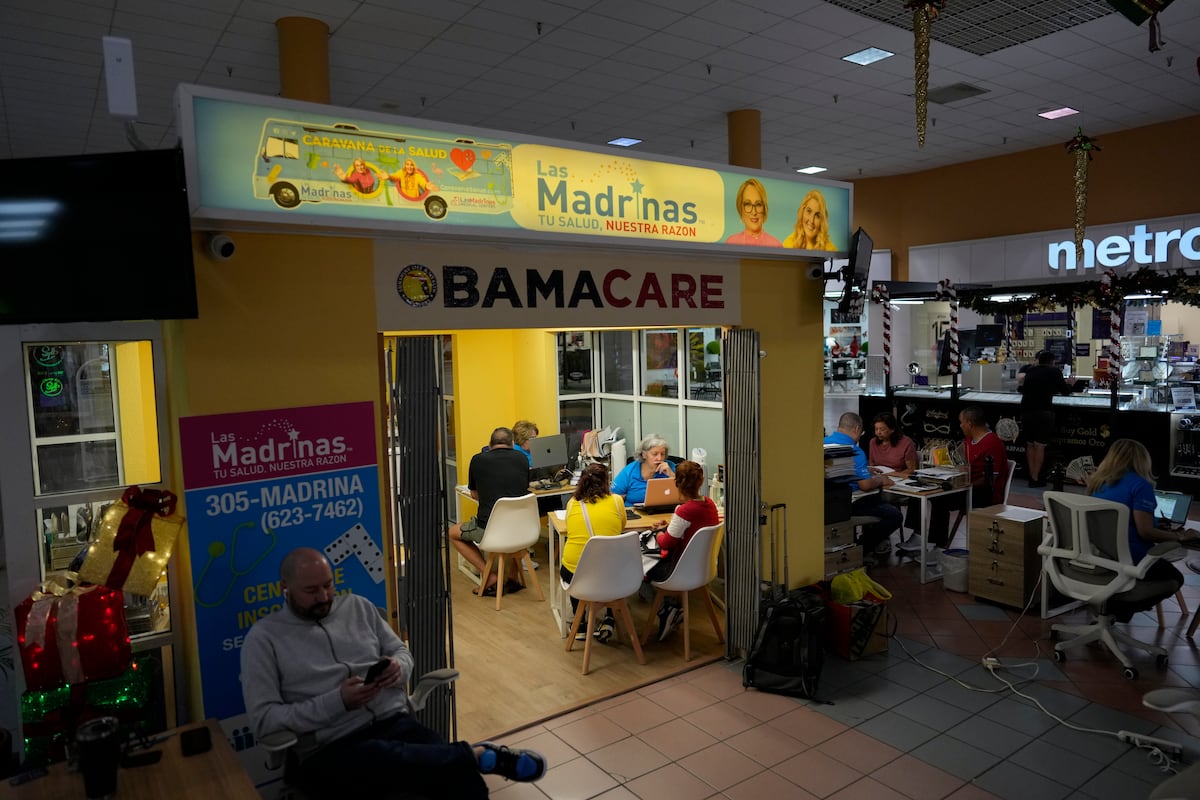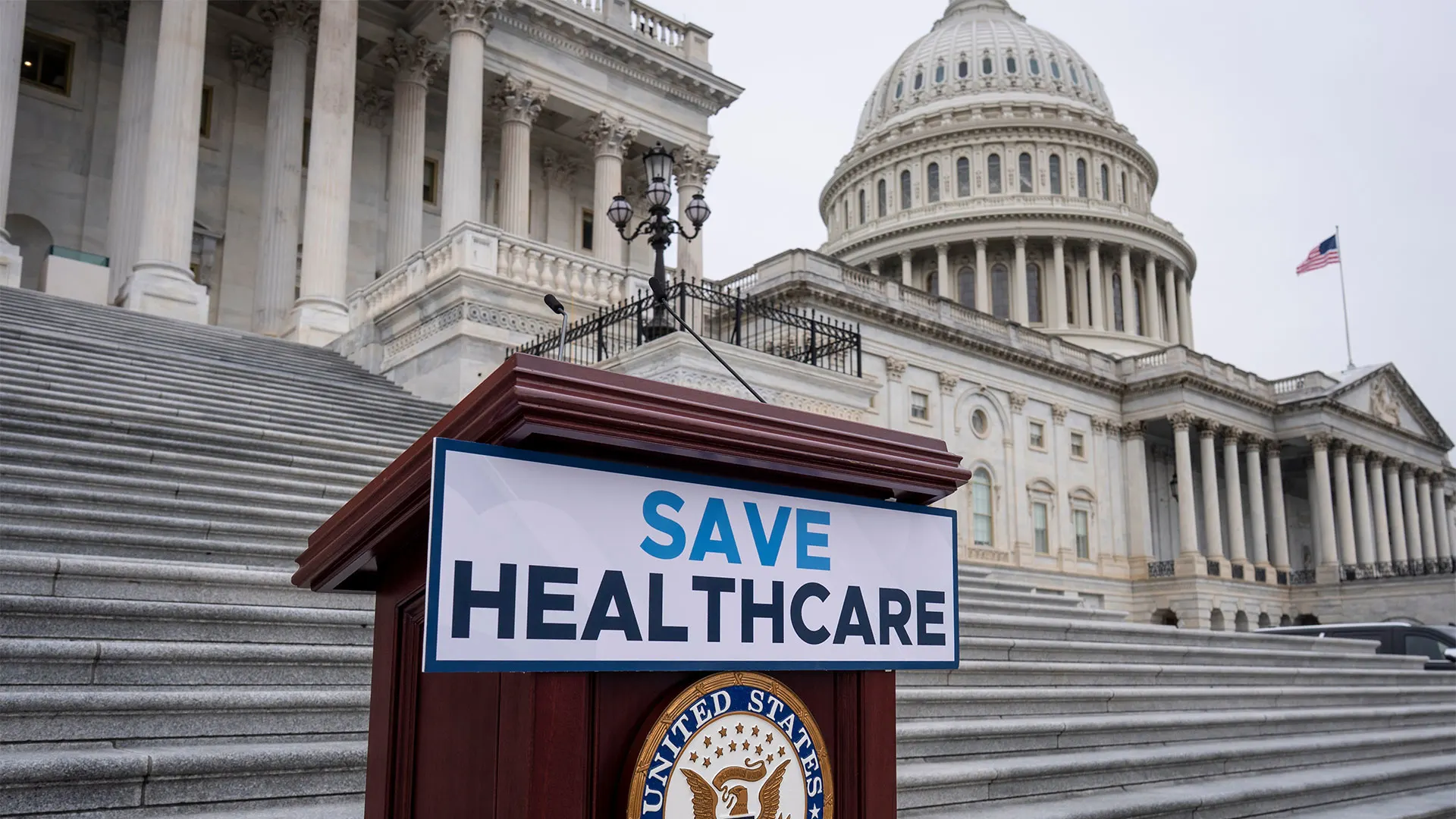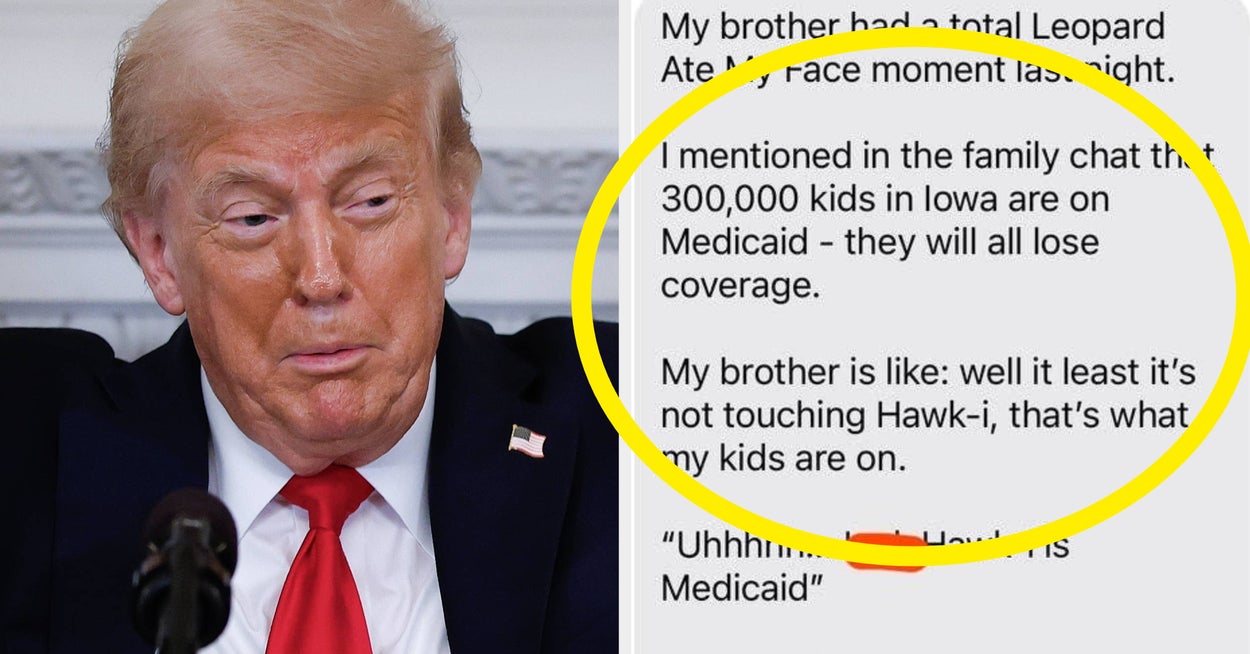#health insurance
#health insurance
[ follow ]
#health-insurance #affordable-care-act #premiums #government-shutdown #premium-increases #open-enrollment
Public health
fromkffhealthnews.org
4 days agoMedical bills can be vexing and perplexing. Here's important advice for patients
High and confusing medical bills affect insured and uninsured due to coverage gaps, unexpected plan restrictions, billing practices, and complex retroactive policies like COBRA.
fromESPN.com
1 week agoUSL, players to resume talks after CBA expires - sources
The main issues are focused on compensation and benefits for players on the lower end of the pay scale. Sources said that the union and the league have agreed on implementing a standard contract length of 12 months, instead of the 10 months stipulated by the previous CBA. This had been a sore spot for the USLPA given that being a professional soccer player is essentially a year-round job.
Soccer (FIFA)
Public health
fromLos Angeles Times
1 week agoHealth department slashes number of diseases U.S. children will be regularly vaccinated against
U.S. federal health officials narrowed the routine pediatric vaccine schedule, keeping core vaccines and reclassifying many others as optional or for high-risk groups.
fromFast Company
2 weeks agoTips from pharmacists to lower your out-of-pocket drug costs
About 1 in 5 U.S. adults skip filling a prescription due to its cost at least once a year, according to KFF, a health research organization. And 1 in 3 take steps to cut their prescription drug costs, such as splitting pills when it's not medically necessary or switching to an over-the-counter drug instead of the one that their medical provider prescribed.
Public health
fromBusiness Insider
3 weeks agoThe toughest part of this holiday season: making a 2026 budget. Personal financial chaos has become a full-blown crisis.
David Deal's 2026 outlook is what he describes as a "whack-a-mole of worry." While he's 62 and presumably approaching retirement, 65 is "just a number" for him, not a milestone marker for throwing in the towel on his career like his parents' generation. The thing that really has him wound up, though, is healthcare, which he calls a "DEFCON 1" situation.
US politics
fromFortune
1 month ago'This is a bad idea made worse': Senate Dems' plan to fix Obamacare premiums adds nearly $300 billion to deficit, CRFB says | Fortune
With enhanced Affordable Care Act (ACA) subsidies due to expire within days, some Senate Democrats are scrambling to protect millions of Americans from getting the unpleasant holiday gift of spiking health insurance premiums. The CRFB says there's just one problem with the plan: it's not funded. "With the national debt as large as the economy and interest payments costing $1 trillion annually, it is absurd to suggest adding hundreds of billions more to the debt," CRFB President Maya MacGuineas wrote in a statement on Friday afternoon.
US politics
US news
fromwww.theguardian.com
1 month agoLuigi: The Making and the Meaning by John H Richardson review sympathy for a devil?
A 26-year-old alleged killer, linked to internet influences, shot an insurance CEO, provoking public catharsis tied to anger over denied coverage and profit-driven health algorithms.
fromSlate Magazine
1 month agoI Have to Break Up With My Therapist for a Maddening Reason
I grew up in a household where therapy was not an option, but after seeing a great therapist for anxiety during the pandemic years, I was sold on its benefits. I moved states and couldn't see my therapist anymore, and tried a few different ones in my new city. After many duds, I found a fantastic one, and I've been seeing her for two years. I love working with her, and we've worked through a lot of things and I've seen a lot of growth in myself with her help. Now I have to say goodbye, and I really don't want to.
Mental health
fromwww.theguardian.com
1 month agoWelcome to Trump's America! A place where people can't afford to call an ambulance | Arwa Mahdawi
I've got a genius business idea for people with few discernible skills. First you establish a health insurance company and get people to pay you large sums every month. Then, when a customer tries to use their insurance to cover medical costs, make a habit of denying their claim. While doing that, pay lobbyists to keep politicians amenable. Repeat this strategy until your company is worth billions. I'm not saying this is exactly how the US health insurance industry works, but it's close enough.
Public health
Healthcare
fromBusiness Insider
2 months agoI'm shopping for a new healthcare plan for my middle-class family of 5. Most plans on the marketplace won't work for us.
A $518-per-month healthshare with a $1,000 per-incident deductible left the family exposed, prompting comparison shopping on healthcare.gov despite subsidy limits.
fromwww.aljazeera.com
2 months agoShould the US fund health insurance or leave it to the market?
Health insurance has once again become a battleground in US politics. With costs rising and government subsidies under pressure, Republicans and Democrats remain sharply divided over how much the government should pay for health insurance and how much should be left to market forces. Supporters of public investment say broader coverage strengthens the economy and protects families. Critics say it drives up costs and weakens competition.
US politics
fromGamintraveler
2 months ago9 Digital Nomad Visa Destinations In 2025 That Feel Like A Permanent Vacation
The rise of remote work has reshaped how people live, travel, and earn a living. No longer tied to traditional office spaces, many professionals are seeking new horizons - and countries around the world are stepping up to welcome them. In 2025, an increasing number of destinations are offering digital nomad visas, giving remote workers the freedom to live abroad legally while continuing their careers online.
Digital life
fromFortune
2 months agoAI stocks lead Wall Street rebound as Nvidia, Palantir surge and S&P 500 claws back last week's losses | Fortune
Big Tech and other superstars of the U.S. stock market are rallying on Monday, as Wall Street recovers most of its loss from last week. The S&P 500 climbed 1.3% to claw back three-quarters of its drop from last week, which was its first weekly loss in four. The Dow Jones Industrial Average was up 245 points, or 0.5%, as of 1:15 p.m. Eastern time, and the Nasdaq composite was 2.1% higher. Nvidia was by far the strongest force lifting the market and rallied 4.8%.
Business
US politics
fromwww.mediaite.com
3 months agoMarjorie Taylor Greene Admits the American People Are Still Hurting Under Trump: Costs Have Not Come Down'
High cost of living and health insurance persist under President Trump, causing financial strain and hopelessness among many Americans, especially younger adults.
Health
fromSan Francisco Bay Times
3 months agoWhy Open Enrollment Matters: A Financial Planning Opportunity - San Francisco Bay Times
Use open enrollment as an annual financial reset to optimize health benefits, tax-advantaged accounts (HSA/FSA), and retirement contributions based on health, timing, and life stage.
[ Load more ]






